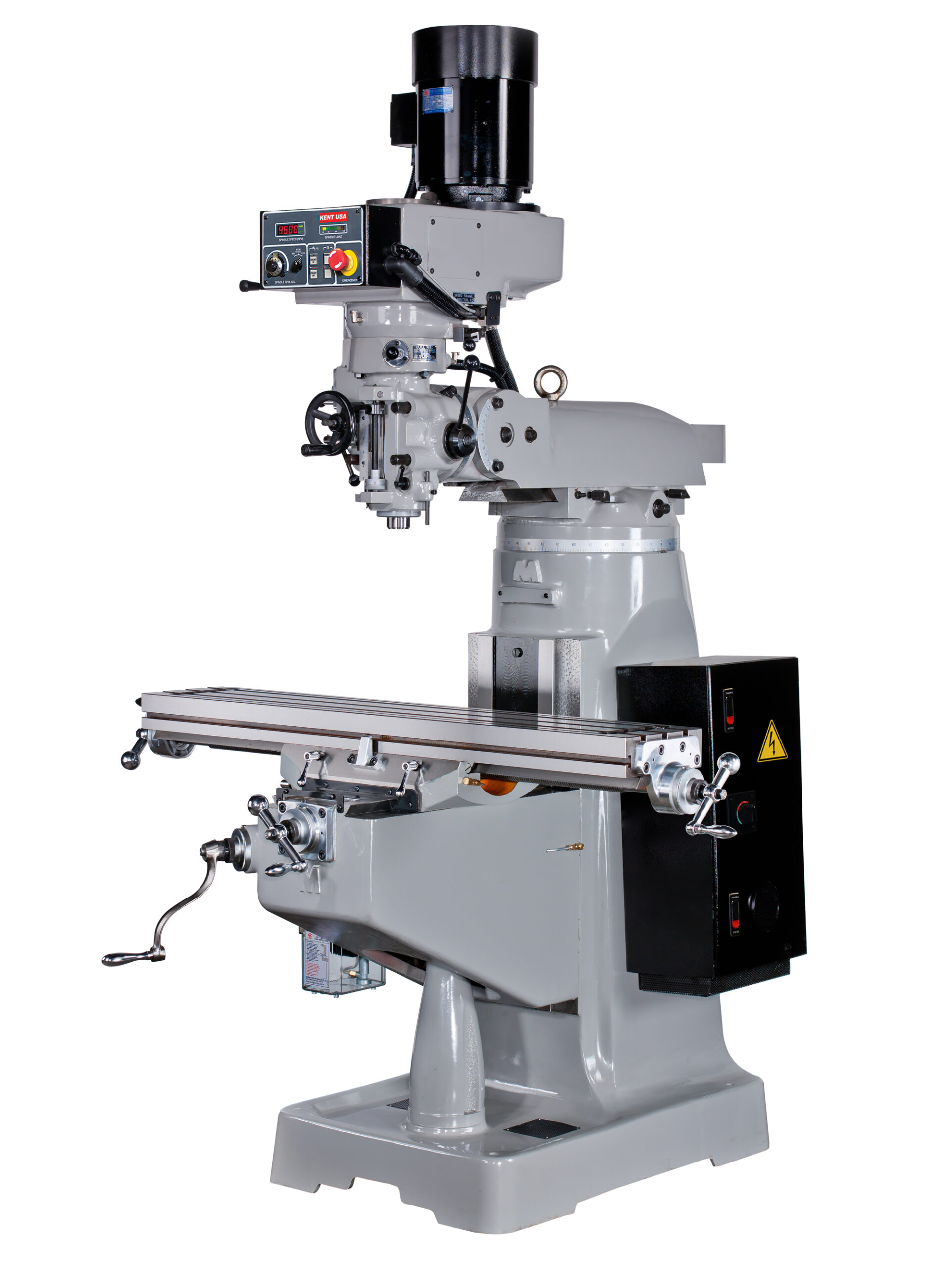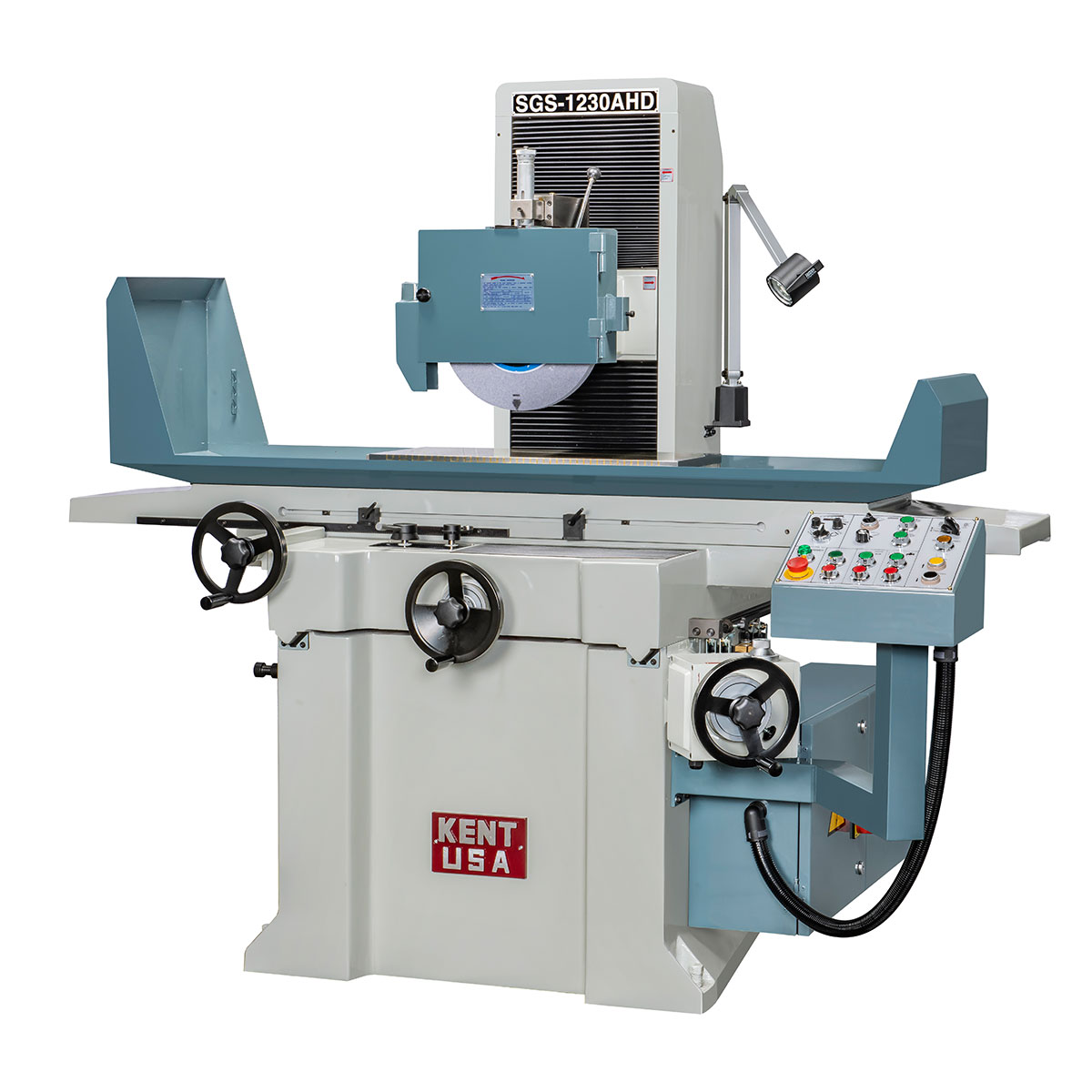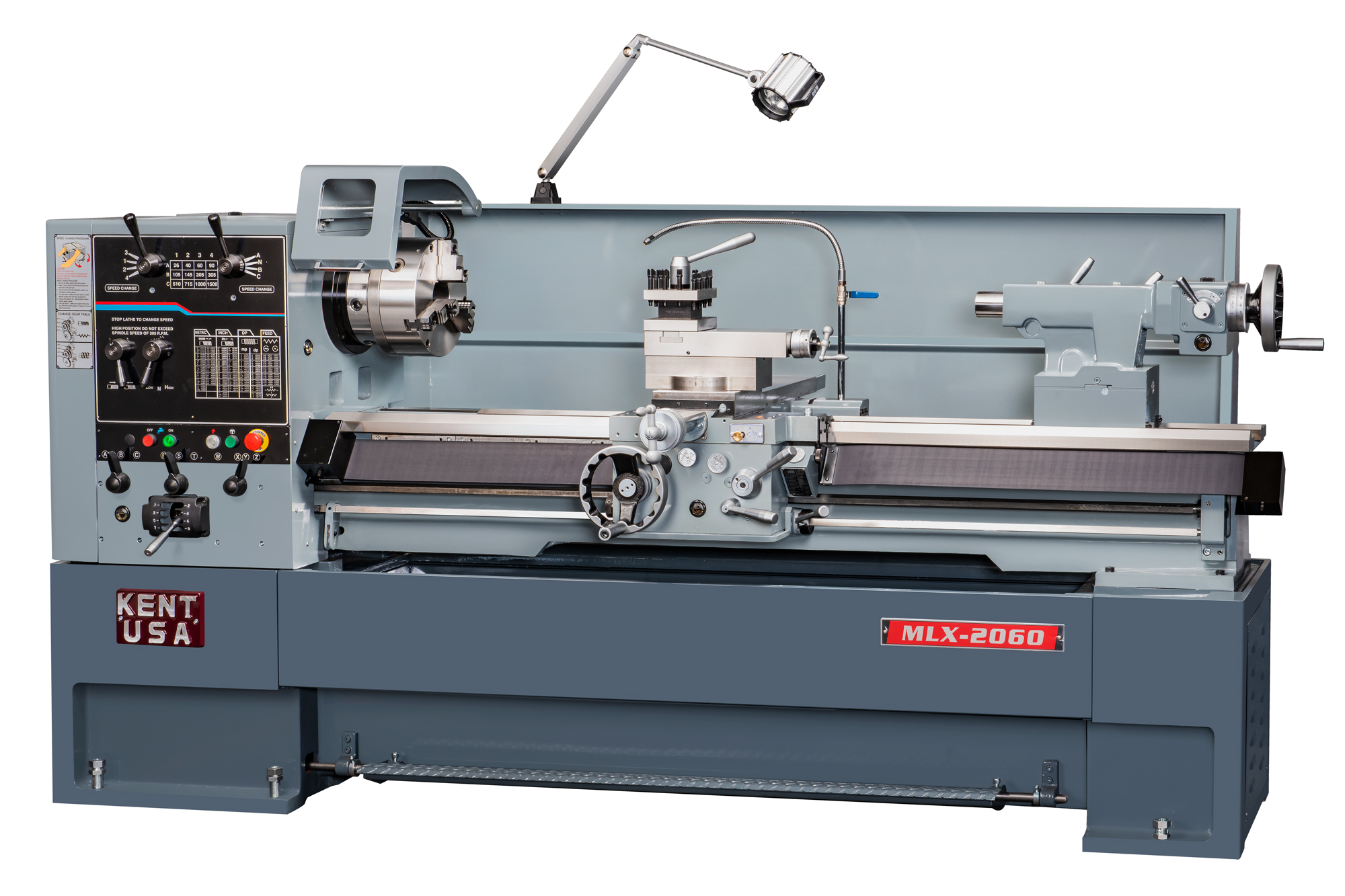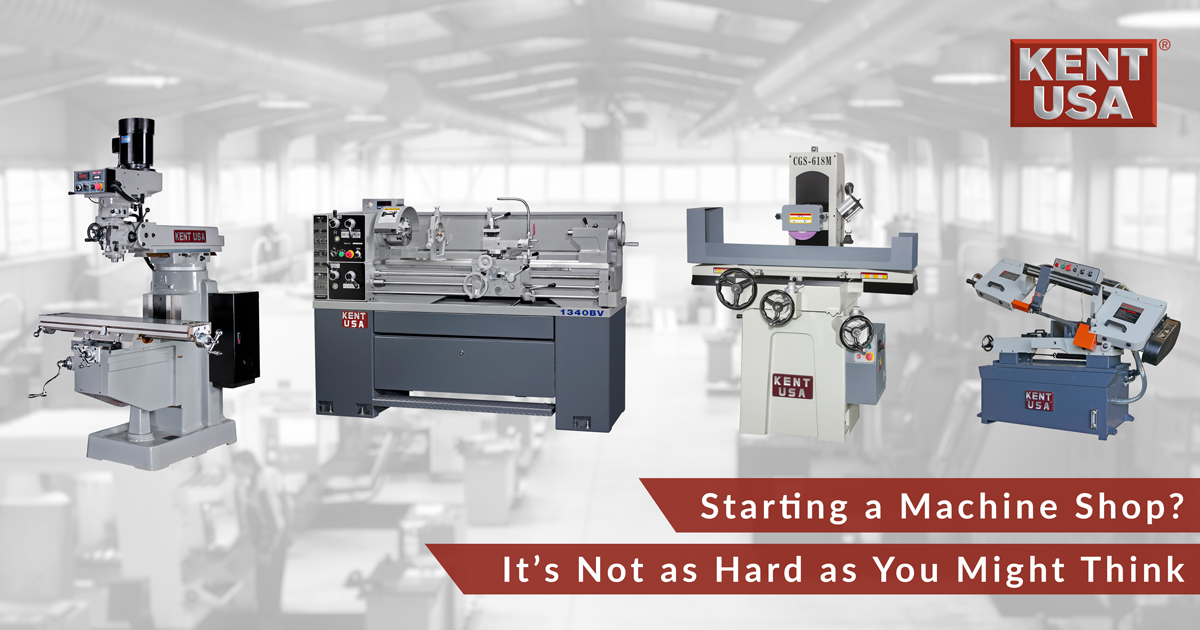Most machinists with a few years under their belt have at least toyed with the idea of starting a machine shop. It’s a lot to think about. It’s also a bit scary. Where will you get the money? How about the work? Should you start in the garage, or rent a space? And perhaps most importantly, what kind of machine should I buy? Here are some things to consider as you take this gigantic step into what promises to be a rewarding career choice.
Starting a Machine Shop: Choices, Choices
This first question depends on the kind of parts you wish to make. Just as importantly, what are the quantities? If your aim is prototyping of relatively straightforward parts, it’s tough to beat a knee mill and engine lathe. These two machines cover the lion’s share of all part-making needs. Add in a bandsaw, an assortment of cutting tools, and some measuring equipment, and there’s little you can’t machine.
However, when producing anything more than a handful of parts, you’ll almost surely want a CNC machine. What kind? Lathe, mill, or both? If the parts are mostly round, a mill-turn lathe is a great place to start. These versatile machines eliminate secondary milling and drilling operations and improve part accuracy.
Otherwise, it’s tough to beat a three-axis machining center, the workhorse of the metalworking industry. That’s because practically any orthogonal part that fits within the work envelope can be efficiently produced on a vertical machining center.
And for those of you with large part volumes and deep pockets, a horizontal machining center (HMC) with pallet changer is the clear choice. That’s because HMCs generally offer far higher throughput and spindle utilization than their vertical cousins, albeit at a higher price tag.
Don’t Be Afraid to Ask for Help
You’ll probably need some help when starting a machine shop, financial and otherwise. That’s okay. If you don’t have a rich uncle, most machinery dealers offer generous leasing terms. Banks and the Small Business Administration (SBA) are another option. Either way, machinery dealers are more than happy to help with time studies and purchasing advice.
As for finding work, it’s much easier than it once was. Instead of relying on word of mouth and the good old boy network, Google “e-machine shop.” There you’ll find companies like Xometry and Hubs, which partner with small manufacturers across the United States. If not, make up some professional-looking business cards and a brochure and get knocking. Oh, and a website doesn’t hurt. Web hosting providers like GoDaddy make it easy.
Still, there’s plenty more to starting a machine shop. For CNC work, you’ll probably need a CAM system. There are vises and chucks to buy (although most distributors offer tooling packages). A bench grinder or two is a must, as is basic stuff like cutting fluids, way oil, shop rags, brooms, and a trash can. Sit down, make a list, and get moving. Starting a machine shop is a lot of work, but it’s not as hard as you might think. Good luck.
 Kent USA MLX-2060T Manual Precision Lathe
Kent USA MLX-2060T Manual Precision Lathe
Share this article:



